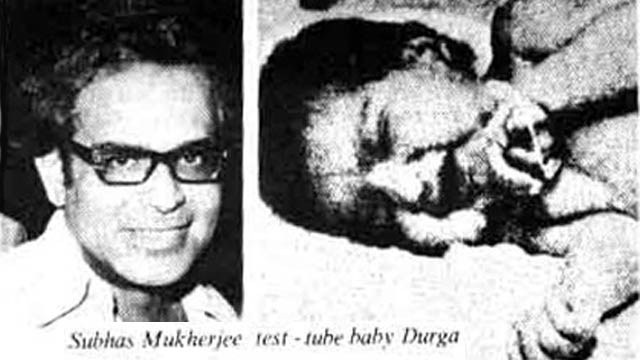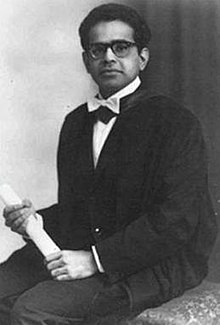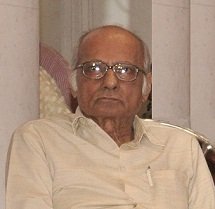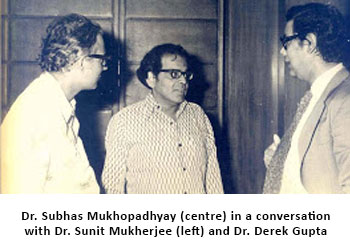There is *real* anger toward this organization. Honestly, more than I even heard about from MD students and the NBME.
You asked. So here are my thoughts on how osteopathic medical students should respond to the NBOME.
(thread)
I think most of us are over here waiting to see what @jbcarmody has to say about the latest NBOME email pic.twitter.com/bVWkS23V7z
— Jake Berg (@jberg521) January 28, 2021
There is *real* anger toward this organization. Honestly, more than I even heard about from MD students and the NBME.
Amorphous anger on social media is easy to ignore. But if that anger gets channeled into organized efforts to facilitate change, then improvements are possible.
Best case scenario, you’ll get another “town hall” meeting, a handful of platitudes, and some thoughtful beard stroking before being told that they’re keeping the exam.
Almost all states allow DO licensure by completing the USMLE series. If you aren’t required to engage with the NBOME, don’t.
As an MD who has passed the USMLE, I could practice in any state. Why shouldn’t a DO who passed the USMLE be able to do the same?
(State boards that prop up the NBOME with a COMLEX requirement are listed in the Tweet below.) https://t.co/stace4lMjD
For those wondering, DO students who completed Step1 & Step2CK are eligible to sit for Step3 and receive state licensure w/o COMLEX series in ~44/50 states; 5 states can accommodate others w/o Level2PE; 1 state, FL, does not.
— Mustafa Basree MS (@mustafabasree) January 26, 2021
See below if you're considering below 5 states \U0001f447\U0001f3fd
The board may be friendly with the NBOME, but they’re still accountable to the legislature.
It’s ultimately the COCA requirement that keeps the NBOME in business.
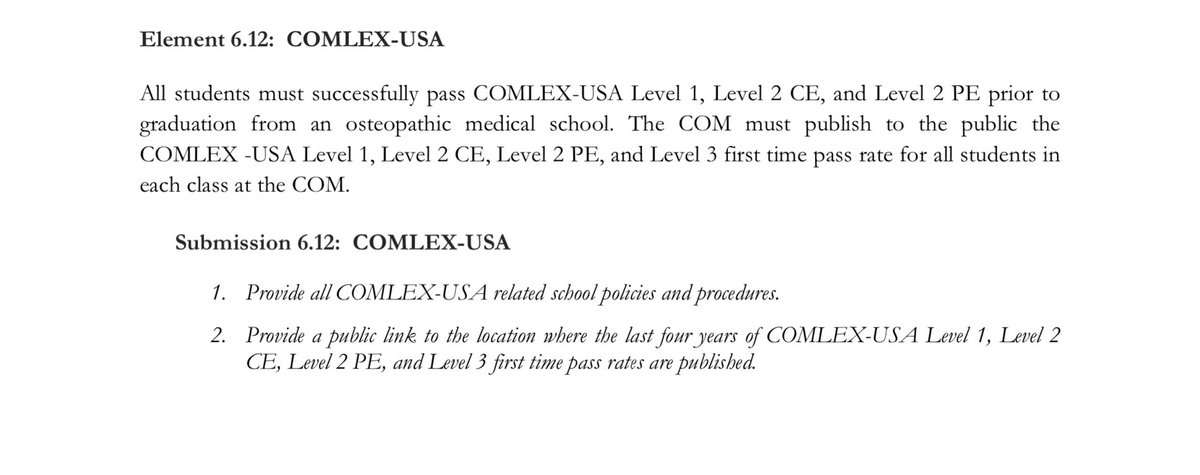
They should think carefully about whether, at this point in history, a “separate but equal” licensing exam hurts DOs more than it helps.
https://t.co/pFwaAx01oB
More from Education
Sorry - a bit of a brain dump post - but I'd appreciate any responses and/or directions towards any applicable research.@Suchmo83 @Mr_AlmondED @TimRasinski1 @ReadingShanahan @mrspennyslater @TheReadingApe @PieCorbett @ReadingRockets @teach_well
— Mr Leyshon (@RyonWLeyshon) February 4, 2021
It is, as you suggest, a nuanced pedagogy with the tripartite algorithm of rate, accuracy and prosody at times conflating the landscape and often leading to an educational shrug of the shoulders, a convenient abdication of responsibility and a return to comprehension 'skills'.
Taking each element separately (but not hierarchically) may be helpful but always remembering that for fluency they occur simultaneously (not dissimilar to sentence structure, text structure and rhetoric in fluent writing).
Rate, or words-read-per-minute, is the easiest. Faster reading speeds are EVIDENCE of fluency development but attempting to 'teach' children(or anyone) to read faster is fallacious (Carver, 1985) and will result in processing deficit which in young readers will be catastrophic.
Reading rate is dependent upon eye-movements and cognitive processing development along with orthographic development (more on this later).
Why is it such a source of collective outrage that a person with fatigue following a viral illness gets better?https://t.co/5lcwQBPLU5
— Trisha Greenhalgh \U0001f637 #CovidIsAirborne (@trishgreenhalgh) January 30, 2021
And the new draft NICE guidelines for ME/CFS which often has a viral onset specifically say that ME/CFS patients shouldn't do graded exercise. Clare is fully aware of this but still made a sweeping and very firm statement that all conditions are improved by exercise. This 2/
was an active dismissal of the lived experience of hundreds of thousands of patients with viral sequelae. Yes, exercise does help so many conditions. Yes, a very small number of people with an ME/CFS diagnosis are helped by exercise. But the vast majority of people with ME, a 3/
a quintessential post-viral condition, are made worse by exercise. Many have been left wheelchair dependent of bedbound by graded exercise therapy when they could walk before. To dismiss the lived experience of these patients with such a sweeping statement is unethical and 4/
unsafe. Clare has every right to her lived experience. But she can't, and you can't justifiably speak out on favour of listening to lived experience but cherry pick the lived experiences you are going to listen to. Why are the lived experiences of most people with ME dismissed?









